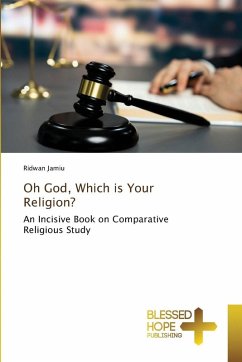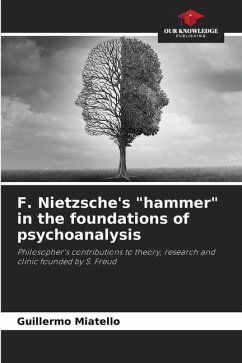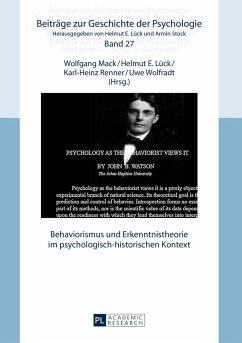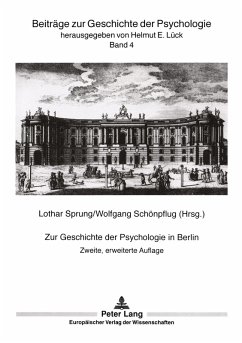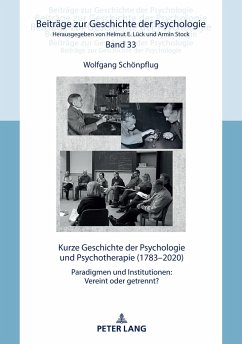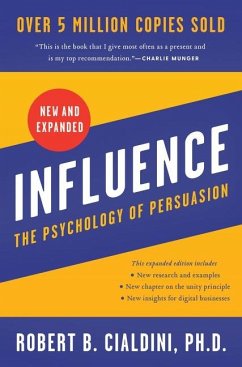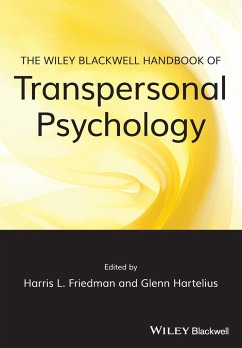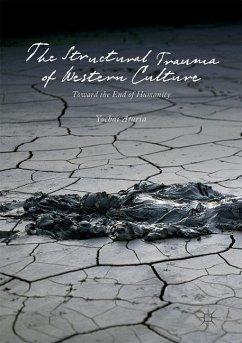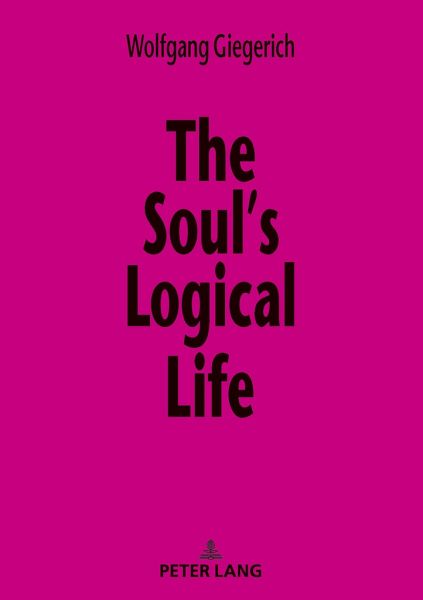
The Soul's Logical Life
Towards a Rigorous Notion of Psychology
Versandkostenfrei!
Versandfertig in 6-10 Tagen
77,15 €
inkl. MwSt.

PAYBACK Punkte
0 °P sammeln!
C. G. Jung's psychology was based on an authentic notion of soul, but this notion was only intuitive, implicit, not conceptually worked out. His followers forfeit his heritage, often turning psychology either into pop psychology or into a scientific, clinical enterprise. It is the merit of James Hillman's archetypal psychology to have brought back the question of soul to psychology. But as imaginal psychology it cannot truly overcome psychology's positivistic, personalistic bias that it set out to overcome. Its «Gods» can be shown to be virtual-reality type gods because it avoids the questio...
C. G. Jung's psychology was based on an authentic notion of soul, but this notion was only intuitive, implicit, not conceptually worked out. His followers forfeit his heritage, often turning psychology either into pop psychology or into a scientific, clinical enterprise. It is the merit of James Hillman's archetypal psychology to have brought back the question of soul to psychology. But as imaginal psychology it cannot truly overcome psychology's positivistic, personalistic bias that it set out to overcome. Its «Gods» can be shown to be virtual-reality type gods because it avoids the question of Truth. Through what logically is the movement of an «absolute-negative interiorization», alchemically a «fermenting corruption», and mythologically a Dionysian dismemberment, one has to go beyond the imaginal to a notion of soul as logical life, logical movement. Only then can psychology be freed from its positivism and cease being a subdivision of anthropology, and can the notion of soulbe logically released from its attachment to the notion of the human being.





